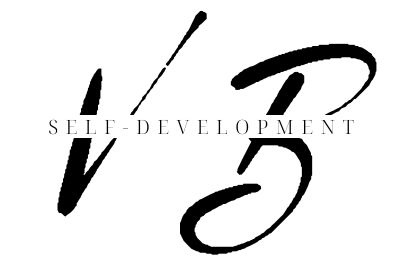AI (Artificial Intelligence)

AI (Artificial Intelligence)
Definition:
Artificial intelligence (AI) is a type of technology that gives machines human-like intelligence so
that people can use these devices for everything from service robots to healthcare, education,
electronics, software, and even gaming, entertainment, manufacturing, engineering, and
communications.AI is a science and technology that draws from a variety of academic fields,
including biology, computer science, psychology, linguistics, mathematics, and engineering.
Artificial intelligence technologies give businesses a competitive edge by improving industrial
field productivity and accuracy.
Benefits of AI:
Automation of AI means that it can increase productivity and efficiency by streamlining and
optimizing a wide range of tasks across sectors. Artificial intelligence (AI) systems can do
repetitive and boring jobs, freeing up human resources for more intricate and creative work. Time
and money can be saved significantly in this way. Furthermore, AI with a Large-scale data analysis
can be performed by AI algorithms, which can also yield insightful information to help with
decision-making. AI systems can assist organizations in making well-informed decisions,
streamlining processes, and achieving better results by identifying patterns and trends in large,
complicated datasets.
Artificial Intelligence (AI) utilizes machine learning and data analysis to provide highly
customized experiences. It can increase user pleasure and engagement by customizing user
interfaces, ads, and recommendations to each user’s tastes. This degree of customization is seen in
several industries, such as e-commerce, healthcare, and entertainment.
Moreover, AI has the potential to revolutionize healthcare by enabling more accurate diagnoses, personalized treatment plans, and efficient drug discovery. Machine learning algorithms can analyze patient data, genetic
information, and medical research to identify patterns and develop targeted therapies. This could
lead to earlier disease detection, improved patient outcomes, and reduced healthcare costs.
Cons of Artificial Intelligence:
Job displacement: Concerns about job displacement are raised by the rise of automation and AI. A
decline in the demand for some jobs is possible as AI systems take over monotonous tasks.
Businesses that primarily depend on manual labor or routine tasks may face difficulties with their
workforce and need to implement reskilling programs to adjust to the evolving environment.
Ethical concerns: AI technologies bring up moral concerns about bias, data security, and privacy.
Large-scale data collection and analysis can result in abuse and privacy violations. Furthermore,
prejudiced algorithms have the potential to reinforce preexisting social biases, resulting in
discriminatory and unfair decision-making.
Lack of judgement: AI systems are incapable of making decisions or being creative or intuitive
like humans are. While they are adept at processing vast amounts of data and drawing conclusions
from it, they might find it difficult to navigate complex or unclear circumstances that call for
context and human understanding.
Reliance results: Unexpected outcomes may result from a reliance on AI systems that is too great
without appropriate regulation and protections. Algorithm mistakes, cybersecurity risks, or broken
AI systems could cause major disruptions, safety issues, or unexpected consequences.
Privacy and hack: Bad actors discover new ways to take advantage of weaknesses in technology
and obtain access to private data as it advances in sophistication. With the aid of AI, hackers have
been increasing the stakes in recent years. Cyberattacks are automated by AI, which facilitates the
identification and exploitation of vulnerabilities by hackers. This might involve creating malware
that can get past conventional security measures with AI or using AI-powered bots to perform
distributed denial of service (DDoS) attacks.
Conclusion:
Even though AI greatly increases productivity and efficiency when writing articles, there are
unavoidable disadvantages. The limitations of AI in this field include a lack of creativity, the
possibility of plagiarized content, language barriers, deficiencies in emotional intelligence, and
reliability issues. Understanding these drawbacks helps us to find a middle ground where we can
use AI as a useful tool while maintaining the unique characteristics of content created by humans.
